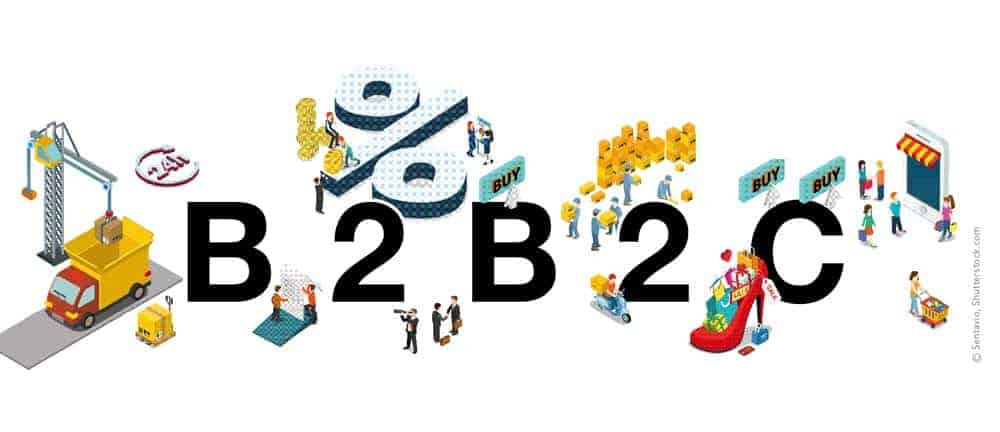Modern e-commerce: It's all about simplicity!


The core goal of every company is more sales and increased productivity. How can this be achieved? On the one hand, by rethinking the technological approach and, on the other, by redesigning processes that have long been dusty. If we look at these two points, we can see that digitization is precisely the way to solve many problems. And it's about more than automation and speed: the most important goal is simplification.
As is often the case, this is easier said than done, and the desired simplicity initially seems difficult. Entrenched opinions and approaches have to be overcome and courage taken for new processes. After all, we need solutions that help people do their jobs in the best possible way, achieve their goals, and fully exploit their core competencies - on both the employee and customer side. Research, data maintenance, reporting and other administrative activities are certainly not tasks that should be unnecessarily complicated.
We can and should leave this to powerful digital tools. But this also applies to the multitude of simple individual tasks that are complex again in their entirety.
So simplicity has many dimensions. Many dimensions make a universe. And in many people's minds, this term stands for infinite expanses and immeasurable size - which brings us back to the assertion that simplification initially seems very difficult. But the transformation of e-commerce into a digital evolution accelerator shows very clearly that a self-regulating microcosm can be developed very quickly from this universe of requirements.
Today's modern e-commerce is not only a technical-process approach, but also thrives on a comprehensive service concept. Digital technologies make new services possible that significantly expand companies' value chains. For example, the intelligent evaluation of usage data and the networking of customer and e-commerce systems turn a simple online store into a digital sales center. But only when a service significantly simplifies a complex task or a decision does it create sufficient added value for users.
Today's e-commerce systems are not about the most attractive overall package, but about compatibility with third-party systems and technologies that focus on user interaction and service. In other words, modern infrastructures that support adaptation to the respective customer processes as a framework.
This includes performance, reliability, a mobile-first approach, and an intelligent interface concept using web services. Connectivity and mobility in particular are crucial for the realization of smart, connected applications that can be used anytime and anywhere as easily as a fitness app.
Technology is therefore the enabler. However, simplicity in the sense of productivity-enhancing services is primarily a topic for product development or service design. Only with the methodical know-how of how to radically simplify the existing - on the basis of the respective business model and structures - can truly useful and thus valuable services be created.
The real complexity therefore lies in developing value-creating services that precisely understand and implement user needs.The individual services, as described above, make up a universe, a microcosm of their own that needs to be understood and mastered. The initial complexity should not be a deterrent. If a company masters this complexity, simple digital services can be a growth engine for the company and the key to simplicity.



